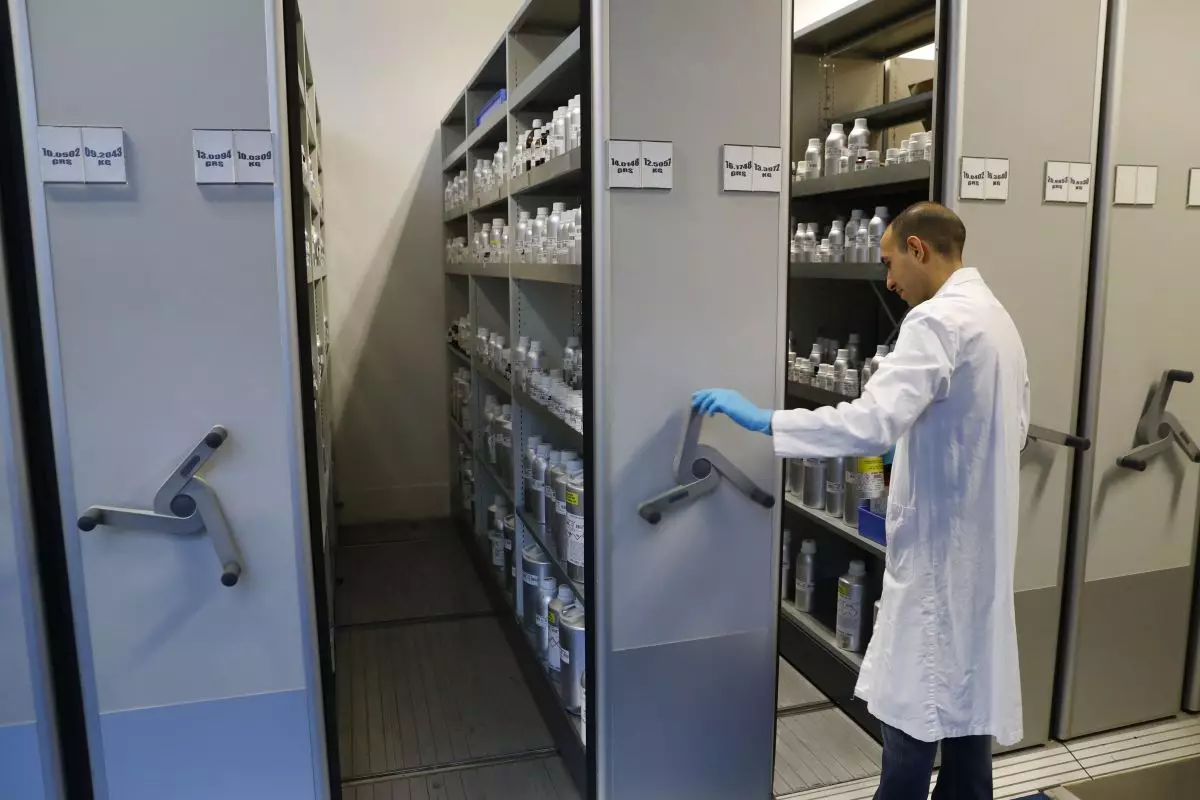In recent years, the implementation of generative AI in various fields has gained remarkable traction, particularly within the chemical sciences. The landscape of research and development is often characterized by extensive trial and error. Thus, any technological advancement that streamlines this process is not only valuable but essential. One such innovation is Albert Invent, a groundbreaking AI platform tailored to revolutionize the realm of chemical experimentation. Founded by a team with a solid background in materials science and 3D printing, Albert Invent has successfully raised $22.5 million in a Series A funding round, spearheaded by Coatue Management. This infusion of capital is a testament to the confidence investors have in the platform and its potential to reshape how chemists operate.
The heart of Albert Invent’s offering is its platform, known as Albert Breakthrough. Unlike traditional approaches that may rely heavily on generic data sets, Albert Breakthrough utilizes a robust dataset derived from over 15 million chemical structures. This thorough and meticulous approach ensures that its AI models are built on a foundation rooted in specialized chemical knowledge. By integrating structured data with proprietary AI algorithms, the company aspires to enable chemical industries to innovate more rapidly and efficiently when developing new products.
Interestingly, the platform’s capabilities extend to real-time toxicology predictions, which the company claims outperform conventional industry models. Notable clients such as Chemours, Henkel, and Nouryon are already leveraging this technology, signaling a shift in how these giants approach product development in the chemical sector. With Albert Breakthrough at their disposal, companies can harness the power of AI to navigate the complexities inherent in chemical innovations—ultimately improving the speed and safety of the development process.
A Vision for the Future of Chemistry
Nick Talken, Albert Invent’s CEO and co-founder, emphasizes how the platform represents a monumental stride for the chemical sciences akin to the capabilities previously granted to data scientists. He articulates a vision in which the integration of AI into chemical research can address some of the most pressing problems society faces, from environmental sustainability to advancements in personalized medicine. His perspective underscores a profound understanding of chemistry’s role in solving intricate societal challenges.
The firm’s innovative model is not merely theoretical; it is grounded in practical experience. Talken and his co-founder, Ken Kisner, transitioned from running a successful 3D printing company, Molecule Corp, into this transformative AI venture. After selling Molecule Corp to a major chemical player, Henkel, the duo incubated Albert Invent within the corporate structure before spinning it off as an independent entity. This trajectory highlights the importance of practical insights shaped through direct industry involvement, which contributed to the establishment of a platform aligned with the real-world challenges faced by chemists.
The Series A funding round that Albert Invent recently concluded reflects a growing belief in the necessity of AI in driving chemical innovation. With participation from major investors—including TCV and Index Ventures—there is an indication that the industry views AI not just as a trend, but as an essential component for future advancements. David Schneider of Coatue articulated this perspective, noting the potential for AI to foster greater efficiencies within chemistry research and contribute positively to overall business outcomes.
As companies like Nouryon integrate Albert Invent’s platform into their development processes, this synergy between AI and traditional chemical research will likely set the stage for a new paradigm in the industry. The combined expertise from materials science, AI, and chemical engineering portends significant shifts in how products are conceptualized and manufactured, ultimately leading to innovative solutions that address both market demands and environmental concerns.
The rise of AI in the chemical sector exemplifies the transformative potential of technology in traditional fields. With platforms like Albert Breakthrough, the nexus of data, innovation, and chemical research is set to redefine industry standards. As funding continues to flow into these startups, the future of chemistry appears not only promising but also vital for addressing societal challenges. The journey of Albert Invent is one that highlights the importance of leveraging technology to propel scientific advancements, setting a precedent for others in the increasingly competitive world of research and development.

